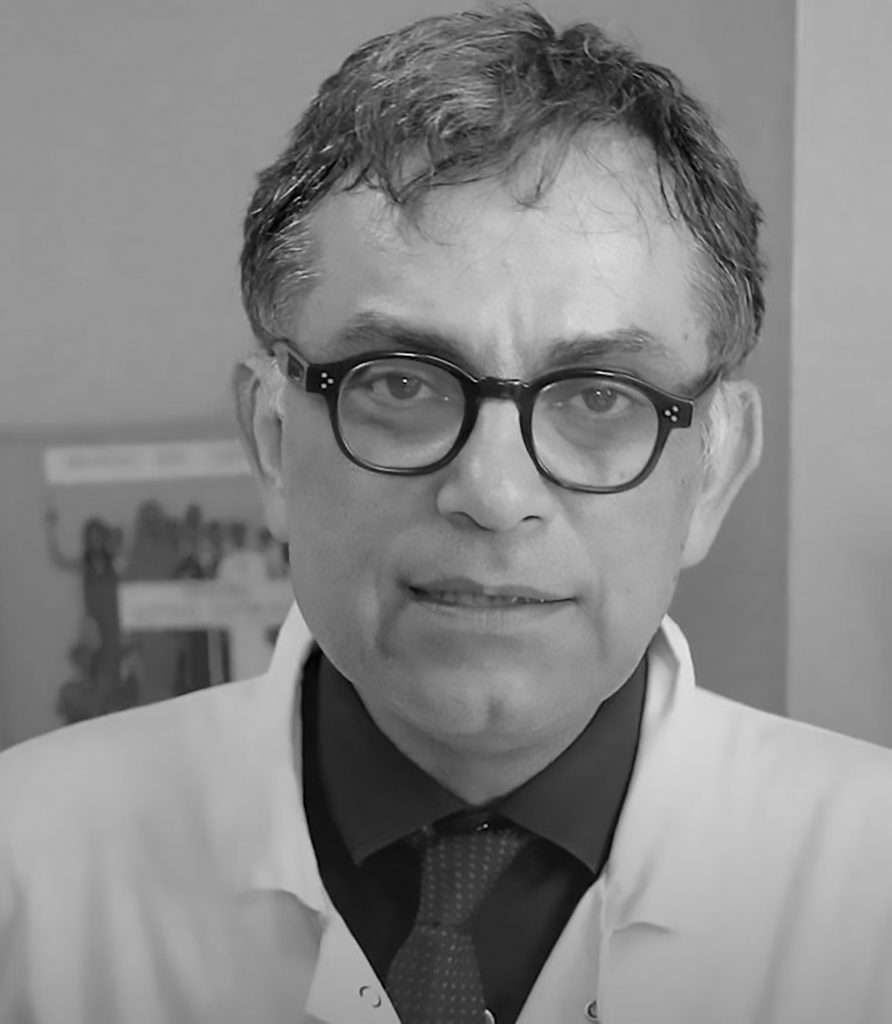Europe’s Discovery clinical trial project to find a cure for COVID-19 – and in which the UK is officially taking part – is being hampered by Europe’s regulatory red tape, a top medical expert says.
The project was launched by French firm Inserm on 22nd of March to test potential COVID-19 treatments on 3,200 patients across Europe, including in the UK.
Professor Florence Adler is heading up the project. She is an infectious disease expert at the Croix-Rousse hospital in Lyon, the capital city of France’s south-eastern Auvergne-Rhone-Alpes region, told the social affairs committee of the French Senate in Paris: “We are not hampered by ill will, but by regulatory difficulties.”
The study is designed to analyse the safety and efficacy of four therapies, among them the controversial hydroxychloroquine drug hailed by Donald Trump as a miracle cure.

But Adler told French senators that currently the project only counts “740 patients” in 30 hospitals, with all the patients currently being in France, apart from one who is in Luxembourg.
And while “the rhythm of inclusion [of patients] has slowed considerably in France” because there are less patients after seven weeks of isolation, the participation of other European countries is essential to reach the size required to be able to obtain significant results, the researcher says.
While “no country has formally withdrawn from discussions” to participate in the study, “we are taking a lot of time to understand the regulatory managements networks from one country to another”, and the researcher is calling for an increase in “the harmonisation of European procedures” regarding clinical trials.
Despite the vast sums pledged for coronavirus research, he also admitted that some countries may also have a problem with the 4,500- to 5,000-EUR (3,938- to 4,377-GBP) price tag attached to every patient they include in the study.
Professor Yazdan Yazdanpanah, head of the Reacting research consortium and head of infectious diseases at the Bichat hospital in Paris, said “it does not mean that we are not moving forward, just that we are moving forward slowly.”
He added: “We are beginning to start” including patients “in Austria and in Portugal, and I hope in Germany.”
To find out more about the author, editor or agency that supplied this story – please click below.
Story By: Joseph Golder, Sub-Editor: Michael Leidig, Agency: Newsflash
The Ananova page is created by and dedicated to professional, independent freelance journalists. It is a place for us to showcase our work. When our news is sold to our media partners, we will include the link here.




